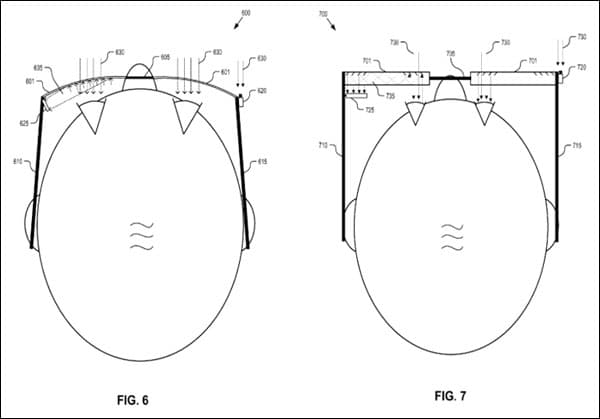Google Patents ‘Pay Per Gaze’ Technology

The patent application talks about a head mounted device that tracks the movements of the user’s pupils and time taken to read the advertisement to make sure that the person has actually viewed the advert and it charges fees depending on the number of hits. The system also records the emotional reaction of the audience by checking whether the subject’s pupils have dilated or not. The system will not just be limited online but will also work for billboards, newspapers and magazines. Since Google always displays adverts depending on the user’s interests, this system also follows the same policy and makes sure that the keywords on which the user spends most time are reflected in future adverts. The most interesting fact about this patent is that it mentions the use of a head-mounted device, but never mentions the words ‘Google Glass’.
As this news sparks debates among privacy crusaders worldwide, we would like to point out that Google shall be storing this information anonymously without user credentials and as it is with all patents this one is just an idea and its implementation in the real world is still uncertain.
Source: <a href="https://www.theverge.com/2013/8/18/4633558/google-patents-pay-per-gaze-eye-tracking-ads" target="_blank" rel="nofollow noopener noreferrer">Google patents 'pay-per-gaze' eye-tracking that could measure emotional response to real-world ads - The Verge</a>
